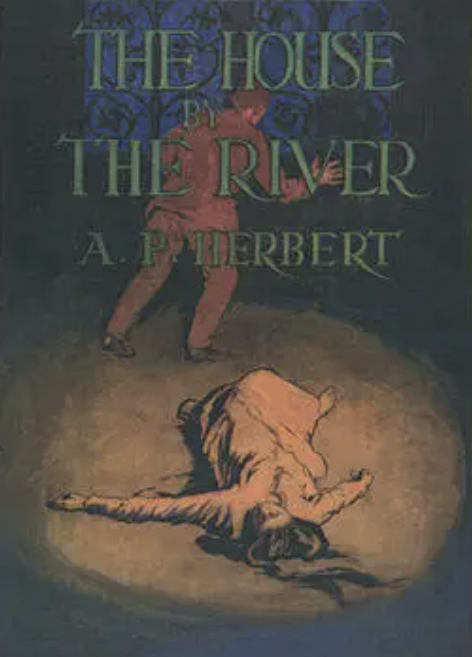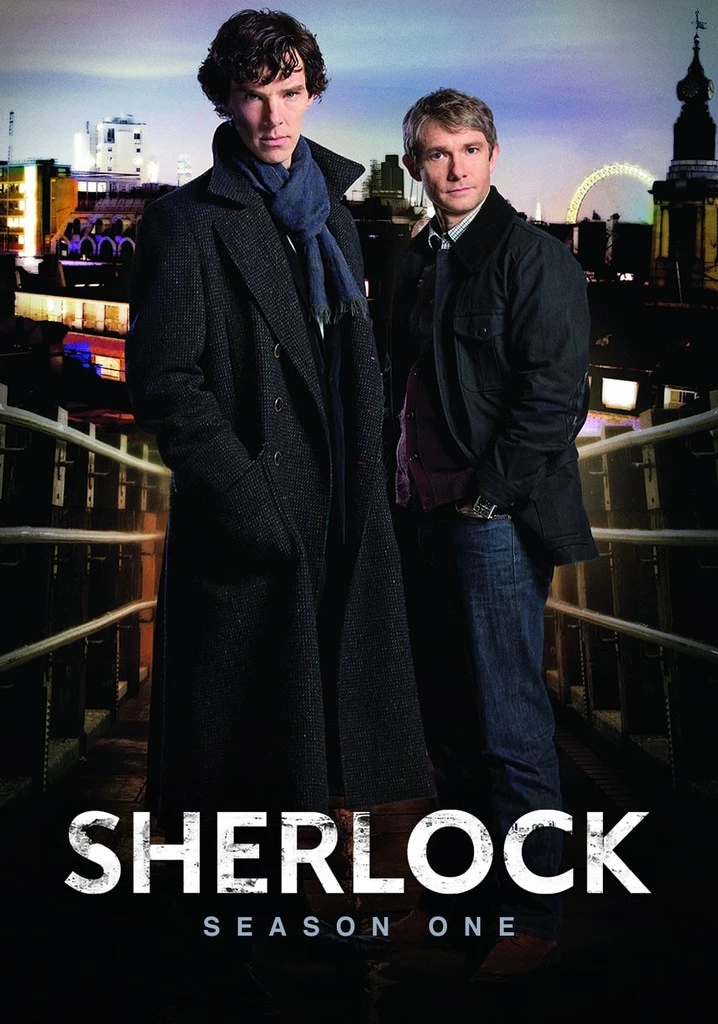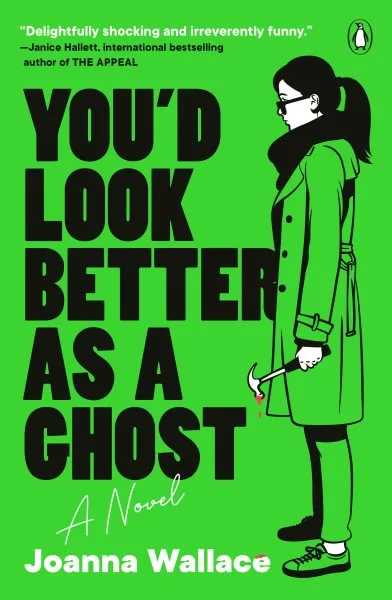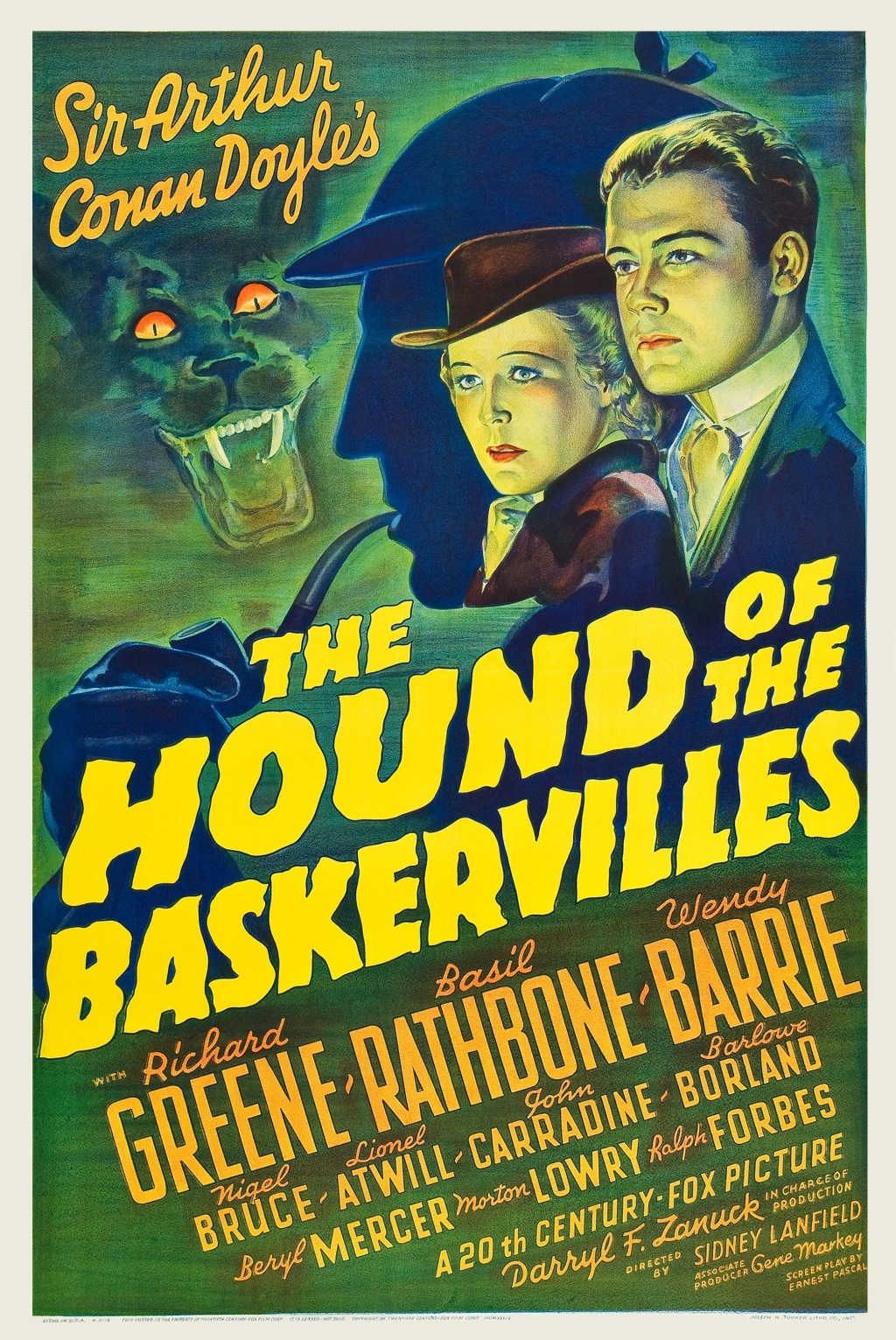
Ulf Durling
Originally Published in 1971
A man is found dead with injuries to the back of his head in a locked room in a low-grade hotel. The owner of the hotel is adamant that no one could have entered the building during the night without his knowledge and the other residents seem to have been otherwise occupied yet there were three glasses set out in the man’s bedroom.
The book is broken into three unequal sections, each narrated by a different character. The first, narrated by Johan Lundgren who is a member of a crime fiction reading group is the most joyous. He tells us how the three members of the group go about taking the small amount of information they are given about the crime and start spinning fanciful theories about how it was done, all the while making little judgements and comments about the tropes of mystery fiction that will delight long-term readers of the genre.
I particularly enjoyed getting to know the three characters who made up the detective fiction club and seeing the ways they would interact with each other. These characters felt familiar to me and their excitement at encountering a puzzle like the ones they had read about in their own lives was rather infectious.
The second comes from the perspective of Gunnar, the policeman assigned to the case, and is pitched more in the PI mold. Where Johan span a solution in the Golden Age style, Gunnar seems set on a much simpler explanation and his investigation takes a different tack. Though less intellectual than that of the club members, he does uncover some interesting elements of the case and I enjoyed reading his thoughts about the three members of the club and their interference.
The final, shorter section comes from a third person and draws on elements of the other two investigations to present a solution. It is hard to go into much detail here, firstly because I want to avoid spoiling how the mystery is solved but also because this section is far more straightforward and less characterful than the two which preceded it. I did find it satisfying however and appreciated how well the solution is communicated.
This multiple narrative approach does mean that the book does feel a little disjointed though I enjoyed each part and saw the presentation to be an opportunity to comment on and pastiche two different forms of crime fiction, finding a middle ground with the last narrative. The book builds to a clever resolution of the mystery that struck me as being quite original.
But does it play fair? I have been struck in reading reviews of this how split reviewers are on this question. It is of course hard to answer without spoiling but in my opinion it meets the criteria of being fair because it does provide all of the information needed to successfully identify how the murder was achieved, even though it may require the reader to step away from the novel to piece everything together. I can see why some readers feel frustrated but I appreciated the tidiness and ingenuity of the method.
I think there might be more of a case to say that the novel isn’t playing fair with guessing the identity of the murderer and there I am less decided. All I can say is that I didn’t feel it was unfair when the revelation came although I was surprised by their identity.
I was a little less satisfied with the locked room aspect of the mystery and the relative simplicity of its solution. It did occur to me upon finishing the book that while I have really enjoyed several of the books I have read from Locked Room International, I have yet to actually find a book where the Locked Room aspect was really satisfying. If anyone has any recommendations I would be happy to entertain them!
Where Hard Cheese succeeded most for me was in its characters and its appealing structure. I found it to be frequently very funny and I thought Durling had some creative and interesting ideas. Unfortunately while Durling seems to have written quite a few mysteries following this, Hard Cheese is the only one currently available in English translation. Were more to appear though I would certainly want to give them a try.




Leave a comment